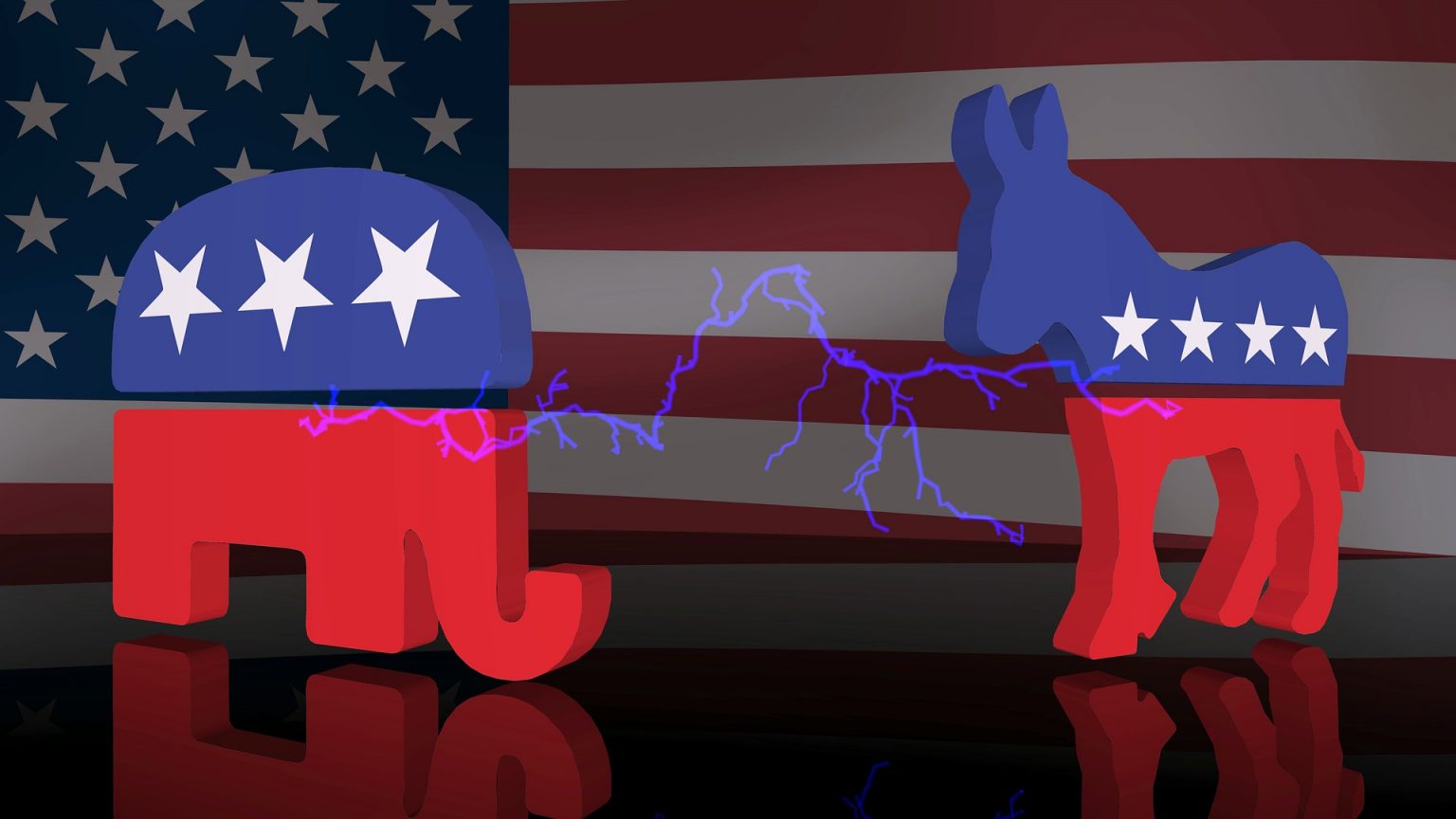A Tale of Two Speeches in Biden’s State of the Union
But when the speech turned to matters at home, it was very much a mixed bag for Biden. At times, his delivery was rapid, almost rushing
The Joe Biden who began his first State of the Union speech Tuesday night was someone we have not seen very much of: a passionate, strong-voiced speaker, seeking a united, free world and hailing his administration’s response to Vladimir Putin’s aggression.
“I spent countless hours unifying our European allies,” the president noted. “We shared with the world in advance what we knew Putin was planning and precisely how he would try to falsely justify his aggression.”
And while Biden’s adversaries will gleefully note his unintentional substitution of “Iranian” for “Ukrainian” people, his most notable ad lib came after he skewered Putin, saying, “We countered Russia’s lies with truth and now that he has acted, the free world is holding him accountable.”
And as the chamber cheered, Biden added: “He has no idea what’s coming.”
Given the grim nature of the topic, it may seem odd to note that this was the “easy” part of the speech. Condemning an invasion that has had everyone from Tucker Carlson to Bernie Sanders rallying behind Ukraine’s cause — with Carlson frantically backpedaling like a center fielder who has misjudged a fly ball — is going to trigger unanimity; especially when martial rhetoric is accompanied by decisive acts that have put the whole democratic world in the same corner.
But when the speech turned to matters at home, it was very much a mixed bag for Biden. At times, his delivery was rapid, almost rushing. The inevitably undramatic sections of a State of the Union speech — arguing for the passage of a grab bag of legislative proposals unfamiliar to most of the audience, and whose prospects range from slim to none — all but guarantee a sense of anticlimax, compared to the ringing defense of a free nation and its people under attack. His promise to combat inflation by buying American products and cracking down on price-gouging is as unlikely to persuade disaffected citizens as (semi-justifiably) blaming Covid-fueled supply chain problems.
And while Biden was right to point to the success of the American Rescue Plan in easing the worst economic effects of the pandemic, those words might as well have been shouted down along with the other outburst in the Capitol, given the collective amnesia that has gripped most Americans. (A new poll shows a thumping majority believes that jobs have been lost over the last year, although the numbers show jobs were added at a record pace.)
It was possible to hear in some of Biden’s words arguments that might — might — offer Democrats some footing for a midterm battle they’re currently losing. They largely consist of defining the bad guys.
First, Big Pharma.
The story of Joshua Davis, a 13-year-old with Type 1 diabetes, was affecting. And calling out companies who slapped a 300 percent markup on insulin has resonance. It is one issue where Republicans are almost all on the “wrong” side of the debate.
Second, Big Tech.
“As Frances Haugen, who is here with us tonight, has shown, we must hold social media platforms accountable for the national experiment they’re conducting on our children for profit,” Biden said. “It’s time to strengthen privacy protections, ban targeted advertising to children, demand tech companies stop collecting personal data on our children.”
This is an issue where conservative Republicans and progressive Democrats are on the same side, if for different reasons. (Progressives distrust the tech giants’ size; conservatives think they are pumping leftist dogma into the ether.)
Third, criminals.
“The answer [to crime] is not to defund the police,” Biden said. “The answer is to fund the police with the resources and training they need to protect our communities.” The Republican members of Congress were on their feet before Biden got to the end of that sentence, and it’s a fair bet that a legion of Democratic political consultants were cheering, too.
In the run up to the speech, I wondered whether it would be a good idea for Biden to throw out the rule book on State of the Union addresses and talk solely about the threat to democracy — not just in Ukraine, but around the world and here at home.
He was, after all, speaking in the chamber where an insurrectionist mob tried to overturn an election, a chamber whose ranks included two sitting members of Congress who had recently spoken to a neo-Nazi racist hate group, and where a majority of the opposition party seems determined to undermine the electoral process. After listening to the two very different tones of the speech, I still think that would have been the better, if riskier, course.
Source: https://www.politico.com/news/magazine/2022/03/01/biden-state-of-the-union-00013088





Déjanos tu comentario